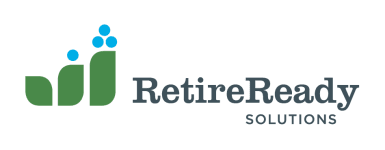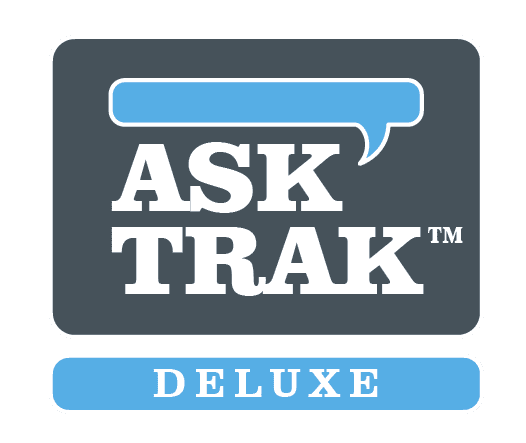Healthcare and your Finances
For many young investors, coming to grips with their inevitable decline in health and escalation of healthcare expenses is difficult. Advisors know that clients who fail to factor long-term care and health-related costs into their retirement plans are in for a rude awakening. When a crisis strikes or a retiree has unrealistic expectations of Medicare, poor planning leaves them ill equipped to navigate their retirement years.
As advisors begin to serve a younger generation of investors, they can draw on the tough lessons learned by their predecessors as a call to action to prepare for future healthcare costs. Fidelity’s annual Retiree Health Care Cost Estimate projects that a 65-year-old couple retiring in 2019 may spend $285,000 in healthcare and medical expenses in retirement. For single retirees, that estimate is $150,000 for women and $135,000 for men.
Hope Manion, senior vice president of Fidelity Workplace Consulting, noted, “Paying for health care—before and in retirement—continues to be top-of-mind for Americans, and understandably so as it’s a cost that can vary significantly by individual and is difficult for many to predict.” Assisting clients of all ages to enter retirement with awareness of these costs and a solid plan for covering them should be a high priority.
While your clients may fall on either side of Fidelity’s estimate, once they grasp how high healthcare costs may be in retirement, they can begin to prioritize them. This can position you in the driver’s seat for valuable discussions on many topics, including the following:
-
-
- 401(k) contribution rates and their impact on retirement
- Insurance options
- Alternative investment opportunities
- Discovery of additional client assets
- The importance of professional guidance (you)
-
You have an opportunity to provide educational resources that will position you to earn credibility and trust while ultimately helping more Americans successfully navigate retirement. We encourage all advisors to have a solid grasp on the following topics:
-
-
- The basics of Medicare coverage and where to find additional resources
- The strategic use of Social Security
- The basics of Health Savings Accounts, especially as an investment tool
- Ways to leverage tax-advantaged savings accounts
-
Use TRAK to Illustrate Healthcare Costs
Knowing the ins and outs of Medicare and the healthcare field may feel beyond the scope of why you entered the financial industry. However, building your knowledge in these areas and developing your ability to confidently connect clients to appropriate resources will help to differentiate you among advisors. The Retirement Analysis Kit (TRAK) is a great tool to help you do this by gathering assets in one place with the ability to budget, build scenarios, and illustrate the impact of financial decisions on clients’ retirement plans including healthcare.



